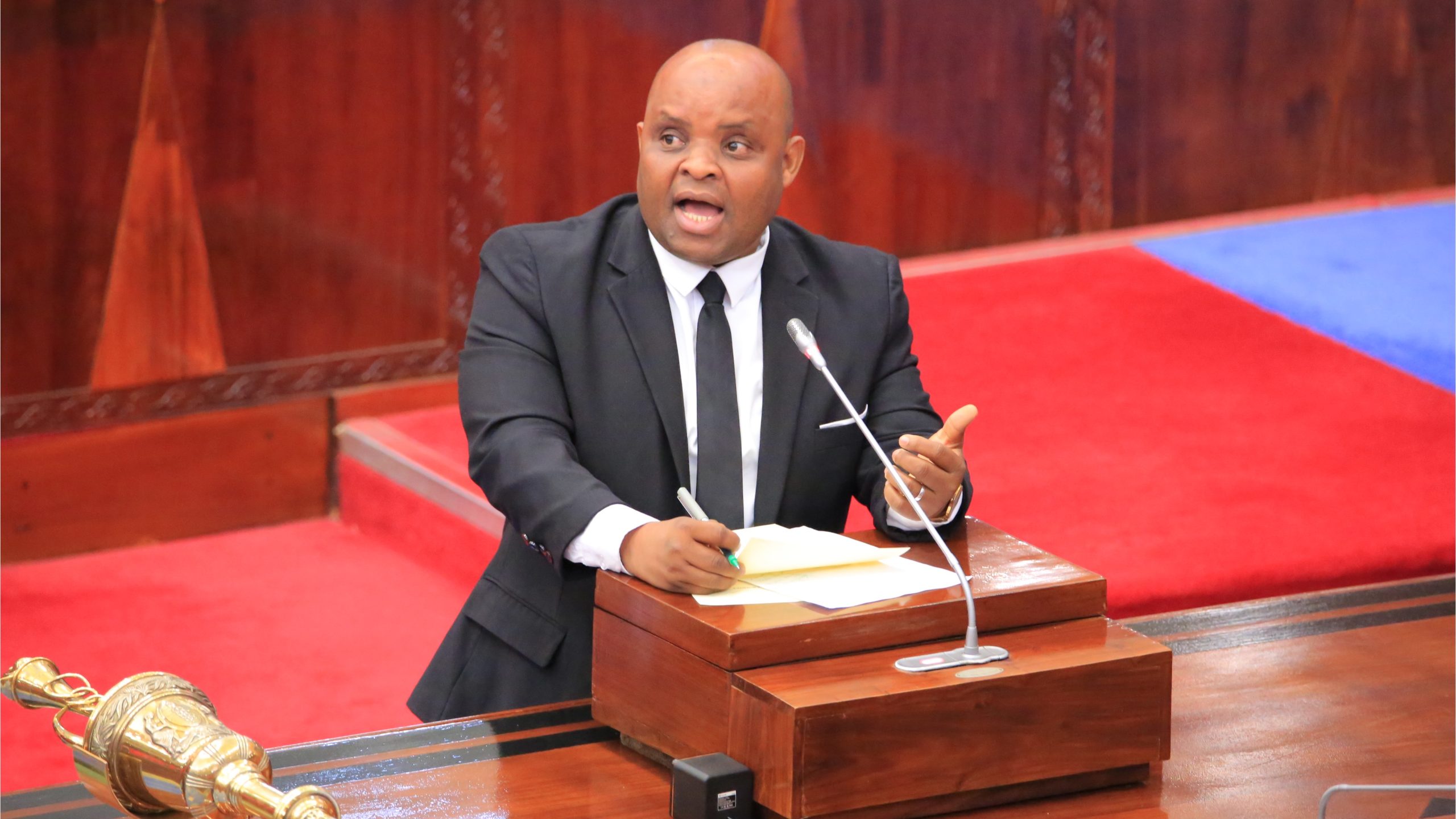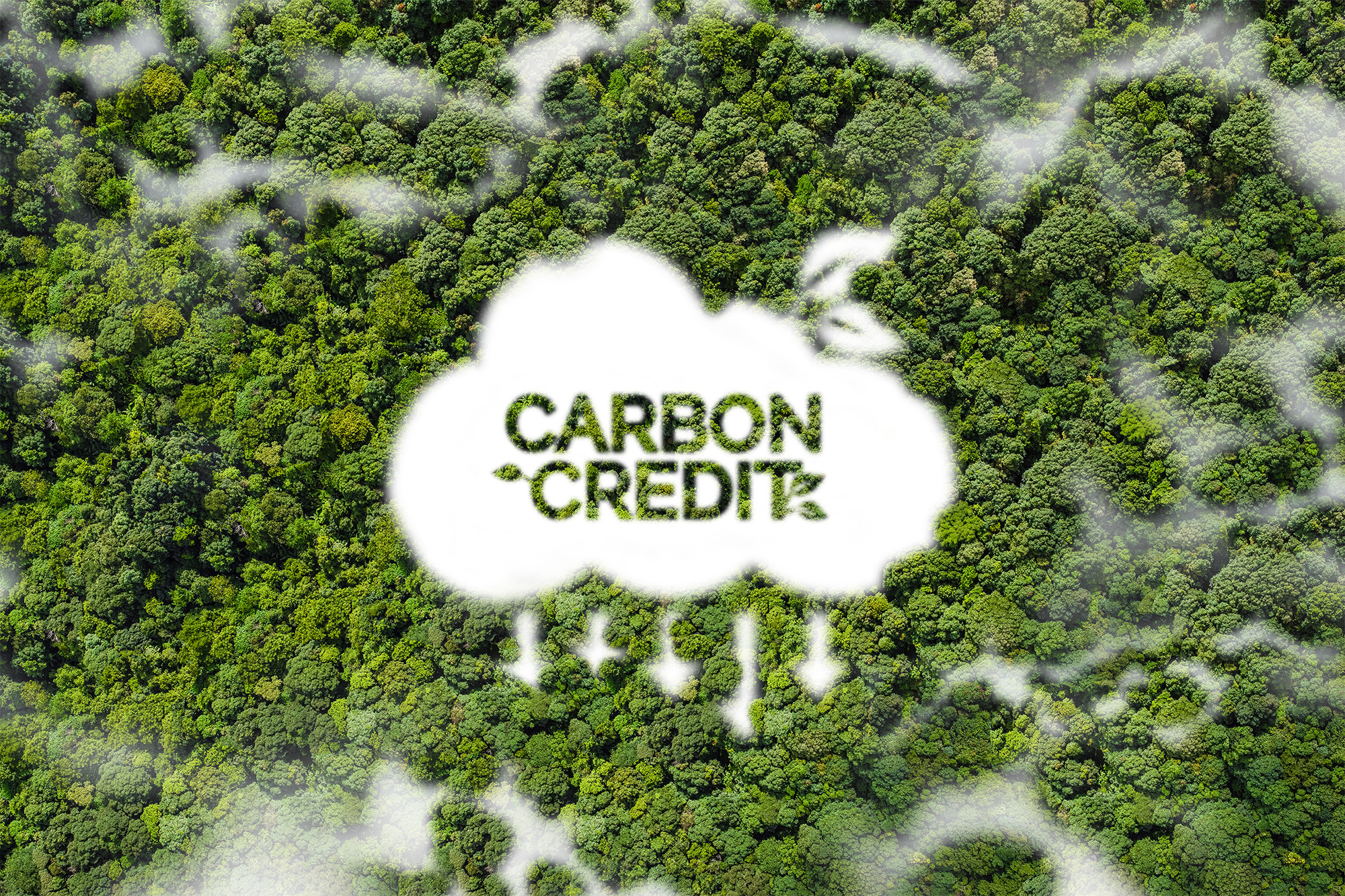Brazil is gearing up to launch a regulated carbon market as part of its efforts to combat climate change and reaffirm its commitment to environmental leadership. Lawmakers in Brasília are pushing forward a bill that proposes a “cap-and-trade” system, wherein projects aimed at reducing or removing carbon dioxide, such as tree planting, can sell tradeable permits to companies, each representing a tonne of CO₂ or equivalent emissions. The goal is to incentivize polluters to gradually reduce greenhouse gas emissions in alignment with national targets, or alternatively, purchase these permits known as credits or offsets. This initiative aligns with President Luiz Inácio Lula da Silva’s green agenda, which has received international acclaim for its measures against deforestation in the Amazon rainforest.
However, critics point out that the bill excludes livestock and primary agriculture, significant sources of greenhouse gases in Brazil. Green campaigners caution that this exemption could limit the environmental impact of the carbon market. Lula’s administration has faced criticism for its plans to boost oil and gas production, highlighting the delicate balance between environmental concerns and economic development.
Similar emissions-trading schemes (ETS) operate in the EU, China, and California, with a focus on emissions allowances rather than offsets. The Brazilian government hopes that the regulated carbon market will attract foreign investment and set a carbon price through market forces, fostering innovation in clean technologies. After initial votes in both the lower house and the senate, the bill requires secondary approval from both chambers before being signed into law by President Lula.
Proponents, including the International Chamber of Commerce in Brazil, estimate that the country could generate revenues of $120 billion by 2030 from regulated and voluntary carbon markets. Pedro Venzon, a policy adviser at the International Emissions Trading Association, believes that Brazil has the potential to become one of the world’s most important domestic carbon markets, setting an example for other countries.
However, the exclusion of agriculture raises concerns, as Brazil is the world’s seventh-largest emitter of CO₂ equivalents. The farming lobby justifies the exclusion, citing difficulties in measuring agricultural emissions. Environmentalists argue that the exclusion of major emission sources could weaken the market’s effectiveness in addressing a significant portion of emissions. The proposed rules will impose reporting requirements on companies emitting over 10,000 tonnes of CO₂ equivalent annually, with compliance obligations for those exceeding 25,000 tonnes. The text’s rapporteur in the lower house suggests a longer transition period for the agricultural sector, acknowledging its political strength within the national congress.



